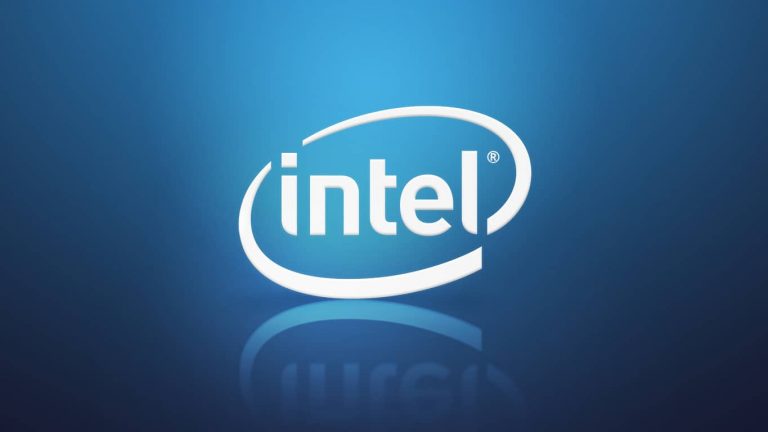Following the release of the Windows 10 October 2018 Update, Intel announced this week the introduction of Universal Windows Drivers for its Intel Graphics Drivers (via ZDNet). The transition from legacy drivers to Universal Windows Drivers is apparently something that Microsoft requires on the Windows 10 October 2018 Update and Windows Server 2019, and starting this month Intel says that any driver updates for Intel products on the October 2018 update and other UWP-based platforms will be Universal Windows Drivers.
According to this Microsoft support page, the purpose of Universal Windows Drivers is to allow hardware manufacturers to create drivers that will work on all UWP-based editions of Windows 10, including Windows 10 in S Mode, Windows 10 IoT Core, etc. Intel says that it has worked with Microsoft to make this transition “as seamless as possible,” and the chip maker is recommending consumers to get new Universal Windows Drivers for its chips directly from Windows Update or via computer manufacturers or Intel’s Download Center.
As of today, here are all the the Intel® Graphics Controllers listed below will receive an update to Modern Windows Drivers:
- Intel® UHD Graphics 620/630 (formerly codenamed Coffee Lake)
- Intel® Iris™ Plus Graphics 655 (formerly codenamed Coffee Lake)
- Intel® UHD Graphics 600/605 (formerly codenamed Gemini Lake)
- Intel® HD Graphics 620/630 (formerly codenamed Kaby Lake)
- Intel® Iris® Plus Graphics 640/650 (formerly codenamed Kaby Lake)
- Intel® HD Graphics 610/615 (formerly codenamed Gemini Lake)
- Intel® HD Graphics 500/505 (formerly codenamed Apollo Lake)
- Intel® HD Graphics 510/515/520/530 (formerly codenamed Skylake)
- Intel® Iris™ Pro Graphics 580 (formerly codenamed Skylake)
- Intel® Iris™ Graphics 540 (formerly codenamed Skylake)
During the transition, Intel says that users on the Windows 10 October 2018 Update will still be able to roll back to legacy drivers, though the chip maker warned that it can lead to “system instability.” You can learn more details about Modern Windows Drivers for Intel Graphics on this FAQ.


